First of all: we need to reflect on how the COVID-19 changed our society and our normality, and then pick up all pros and cons and then transform it to our New Normal. And it’s here that I have to say, the Arts and Culture lost a lot during the pandemic, and new ways were needed to support Theatres and Museums, and Artists of all the art sections.
The Culture around the world suffered a lot when the doors closed and the public couldn’t see it, and also with the percentage of people in Layoffs and Furloughs, or even fired, some stopped having the power to spend for the next months, and this will reflect in the economy, and therefore Arts and Culture will be one of the places people will cut first, unfortunately.
But then, directors and actors around the world had to rearrange their priorities and start new things, which for me was a fresh air of something me and my family do often: either go to the cinema or go to the theatre – was starting to do things online.
Grabbing the social media, and whatever resources they had, and use them for the sake of the Arts.
I Applaud to this!
That’s when, in the comfort of my own home (UK) I’ve seen a live-action theatre from Denmark, in English. From Denmark!
The Idea
The idea is for you to go to the theatre website, buy your ticket, with a discount, then you will receive your confirmation on your email and a Zoom link, where on the day and time you will click on the link to see the theatre piece.
Easy right? Strange nevertheless, but hey, it’s new times. And better that than nothing at all.
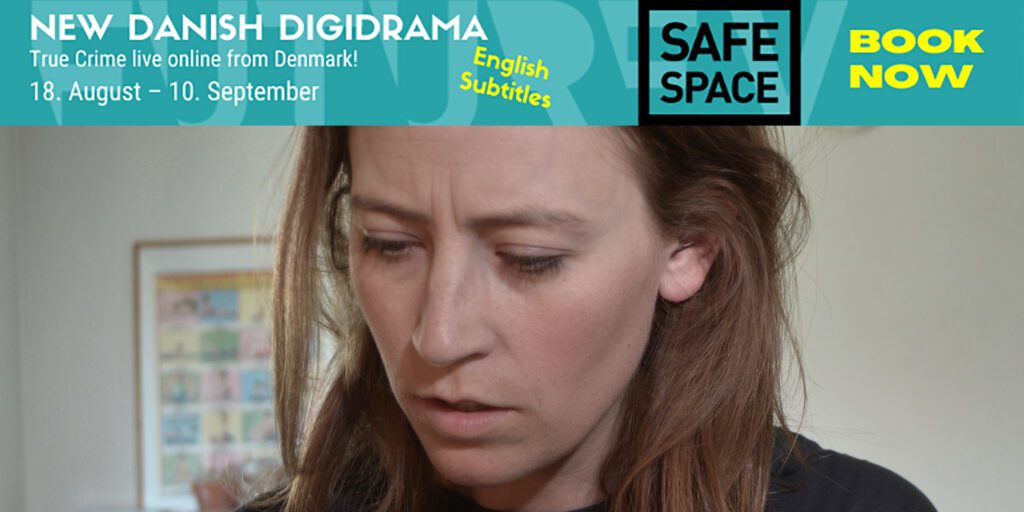
About Safe Space
Safe Space is a DigiDrama (digital drama) from the Future V Theatre, and tells the story about a 23 year old girl called Ene (Filippa Suenson), that is making a zoom call and tells she received a suspicious package with a 3 leaf clover and a Usb pen with a baby cry inside.
Ene talks in her regular livestream, where she quickly gets involved in a family drama when Alma (Lucia Vinde Dirschen), one of her viewers, admits to also having received an envelope. With a surprising twist in which we are joined, through a phone video call by Ene’s friend Luka (Mathias Bøgelund), we then meet all the characters and how they are connected. There is a moment of “Cluedo” but I cannot spoil this, but it was fun to see everyone.
With nothing more than 2 rooms, sound effects and monologues (kudos to “Ene” yelling to the screen that set Richie running away from the living room (“the lady was screaming at me on the TV mummy!”), we really enjoyed it and I missed theatre so much that this meant the world!
Script: Nanna Berner (Winner of Dramatic Debut 2020)
Co-writer and Director: Pelle Koppel
Cast: Fillipa Suenson, Lucia Vinde Dirchsen, Theresa Hedelund, Mathias Bøgelund, Mette Ahrenkiel.
Creative Producer: Emil H. Christiansen
Produced by: Teater V
Duration: approx. 55 minutes
Pros and Cons
Cons:
- No bar (private joke)
- No human contact
- Not getting out of home
Pros:
- the price of the Ticket is reduced
- not getting out of the house (comfort from home)
- theatres and actors continue to have a job
- people at home (confinement or not) need something exciting. Mental health is real.
Our Thoughts:
We liked it….a lot! We liked it, I have recommended it to friends and family, and I do support this kind of innovative theatre, musical and/or ballet.
Safe Space was the first time I ever used Zoom for entertainment but is actually a good way to keep the economy moving.
I then decided to make a little interview with the Actors and with the Director, for a better understanding on how this project started and how the pandemic changed for them, as an individual and on their careers.
The Interview
Director: Pelle Koppel – PK
Actor Mathias Bøgelund (Luka) – MB
Actress Lucia Vinde Dirchsen (Alma) – LVD
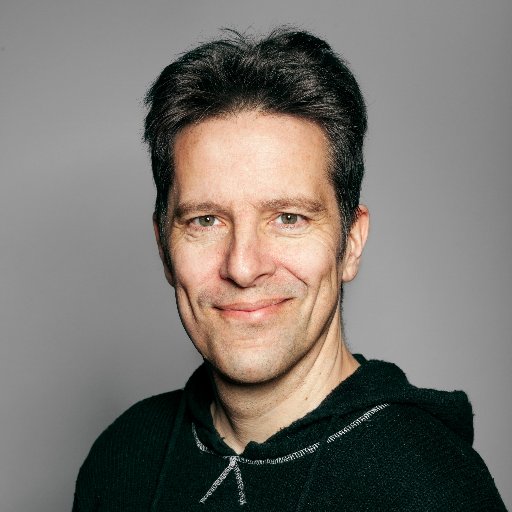
The Director:
What was the biggest difficulty with working with the actors in the pandemic?
PK: The most difficult thing has been the fact that the actors could not be close to, or touch, each other. At the beginning of the rehearsals, they had to keep at least two meters distance, and later at least one meter. This was both when we rehearsed and acted physically together in the scenes in the story where there were several actors present in the same room. So I had to take this into account in my choices in the staging. This meant that I had to make some compromises in some places in the performance.
Why you decided to create the online theatre and will there be more pieces?
PK: I think that a great number of Danish theatres quickly began to make and show films, and post it online, for free, referring to it, as if it was “theatre” and “performances”. But it was not live and that makes the difference for me.
Also, the opportunity to start something new and in the long run create a new business model, as opposed to just giving it away for free! The theatre arises in the present between those who perform and the audiences who experience it. And a scene in the theatre cannot just be taken once again and cut together afterward. The actors must be able to remember their entire text, the technique can go down, things can “go wrong”. It is part of the excitement of the live experience itself and the live element that the possibility of ‘mistakes’ can occur – we do not know in advance. It’s a new journey, and a new common now, every time we act. Like in the “real and classic physical” theatre.
And yes; we would very much like to develop this new format further and make more performances, in the long run. I think there are really great opportunities to develop this. It caters both to the classical audience, but also to new audience groups who would not necessarily choose to go to the theatre physically – and that is also very exciting. We actually do audience development while finding new ways to explore the classical understanding of theatre.
What was the good and what was the bad thing taken from this experience, not only as a director but also financially?
PK: Interestingly, some of the limitations that classical physical theatre gives us do not exist in this new digital universe. The fact that we insist on the live aspect makes a big difference both to ourselves and to the audiences. This very element means that it is still experienced as being theater and gives us the opportunity to meet in a common “now” across cities, regions, countries, and continents. I see great potential in this. We are simply creating new communities – across borders and continents.
Regarding the piece: What did you base on to create the plot, the characters, and how to create the environment? I loved the fact that people can honestly think at one point that in the middle of the public there is a culprit… a bit of Cluedo for a second.
PK: The foundation of this innovation was the idea of taking the digital aspect into classical drama. Not just to transfer a classic theatrical text or set-up to a new medium, but instead to write a new story and create a new narrative – specially designed for the new format and new media, with the challenges and the gifts that the new format brings.
For example, I insisted that it was important that there was still room for some classic theater monologues throughout the narrative in the SAFE SPACE universe. My learning from this was that these monologues next time should probably be a bit shorter. They should still be there, I think, and the language may well still carry to be “meta” and mega theatrical, but it feels as if there is not quite room for several minutes of classic inner monologue text in this format. So it will probably be less in the future.
On the other hand, there are many not yet tried opportunities to integrate the audience more into the stories. For example, I am right now working on a story where the idea is for the audience to play some of the roles – One where the audience gets the opportunity to buy a role in the play. I think that is a super exciting idea to play with.
What will happen to the theatre, or in your case as the director, if the pandemic continues?
PK: Hopefully we will still have the opportunity to meet and perform just in smaller set-ups and with fewer audiences just like in Denmark today where we can perform but only with approx. 50% audience capacity. Otherwise, yes – then we must cultivate the new opportunities and create even more new stories in the new digital format, because we need the theatre’s and to meet in the present at experiencing new stories that we can mirror ourselves and our lives in – to keep evolving as human beings…
The Actors:
Was it easier or harder as an actor, to talk directly to the camera and know your lines, or it’s difficult as you can see people face? Meaning: did you had the ‘stage jitters” or decided that “it’s just one zoom call” type.
MB: Hmm, I would say that it was different than playing in front of an audience. The situation is still the same whether you play for someone behind the camera or in a room. You still have a dialogue. Stage jitters were actually mostly at the beginning of the playing period. Otherwise, I did not feel it so much. When you stand on a stage, you are “given” a nervousness that you can use as energy or nerve. Here you have to create it yourself. It can compare better to making movies or TV at that point.
LVD: I believe the digital drama is a whole new genre, which I had not experienced working with before this production. As an actor, it helped me to think of “Safe Space” as a piece of radio drama. Without a visible audience or a co-actor to engage with, it was the words and the text that helped me throughout the performance. I focused on the dialogue and the sound of my co-actors in my ears, and tried to imagine the webcam as the eyes of my colleagues.
When you read this script, where did you base your character? How was the learning procedure and how to create the environment?
MB: I very much base my character on what language is used. Luka, for example, has a different language than the others, which (perhaps) can tell you that he comes from a different social stratum in society. In addition, I have also had a lot of talks with Pelle [ed, the director], who has guided me. It’s about looking for clues that can tell something about the character. They may be in the language, the other characters’ descriptions of your character, or as in the play here, a monologue that tells a little about Luka’s childhood.
LVD: It was very similar to a traditional theatre production. There was a text rehearsal, rehearsals “on stage” and the usual collaboration between actors and the director. There were no major differences from what I am used to at the theatre. Other than we had to keep the physical distance between us in the room. That was a different and an interesting challenge. Not having the physical contact I am used to on stage. Not even in scenes where all of us were present.
As an actor do you see yourself doing this more, or prefer the stage as soon as possible?
MB: I could easily see myself doing something like DigiDrama in the future. I thought it was an exciting study and a fun mix between theatre and film. But it definitely requires some getting used to and you have to prepare for the fact that it is probably more like making films than actual theatre, where meeting the audiences is a big part of it.
LVD: I am very interested in every aspect of my work as an actor. Theatre, film, television, radio and now also digital drama. So, yes, I can easily see myself doing more of this work. It has been something totally new and a great experience.
Because we are living different times, making a piece like this was one worthy solution instead of not having a job at all?
LVD: Of course. I think the performance arts are extremely important in situations like this pandemic. I hope it can contribute to a feeling of belonging and give the audience a sense of togetherness in a time where we are told to keep a distance and isolate. Hopefully, it can decrease that feeling of loneliness I could imagine has grown during Covid-19.
MB: Yes, definitely. I actually think that all artistic studies are worthy. I am a newly educated actor and I want to learn as much as possible and get some experience. Fortunately, I also think that it was an exciting project.
How do you see your future as an actor if the pandemic continues?
LVD: Oh, it’s very difficult to answer that question. I don’t know for how long Covid 19 will last. As so many others, I do not have any knowledge regarding how long Covid-19 will have a serious impact on our lives. I hope for the best and that theater – as well as so many other occupations -will survive the pandemic. Performance arts are extremely important to us. Now, today, yesterday, and tomorrow.
MB: It is difficult to predict. These are strange times, for all people who work in creative professions. Unfortunately, I do not think that we have yet seen the consequences for the theatres and (possibly) production companies yet. They will probably not come until next season or the one after that.
I think you should be happy and lucky if you have something to do in this business in the coming time. But theatre and film do not die as an art form because of this. It is going to survive and hopefully come back strong.
For us, Safe Space from Future V theatre has been an excellent opportunity to see something I never thought I’d see (from a performance art perspective in my own TV) and to open the mind to new ways in which the world needs to adapt and create new ways to entertain and create/maintain jobs.
Safe Space tickets can be bought online and you only need your computer with an internet connection with Zoom installed (App is free to download). And do try it, since it was a good piece to watch and the actors were brilliant!
SAFE SPACE will be available as Danish DigiDrama on Demand at the end of November – for half the price of a live-ticket (2,50 GBP).
The next Danish DigiDrama will be developed in Spring 2021. First, there will be a DigiDrama contest and after selecting a winning show it will be produced and presented at the Danish festival CPH STAGE 27. May – 5. June 2021 – also for international audiences.
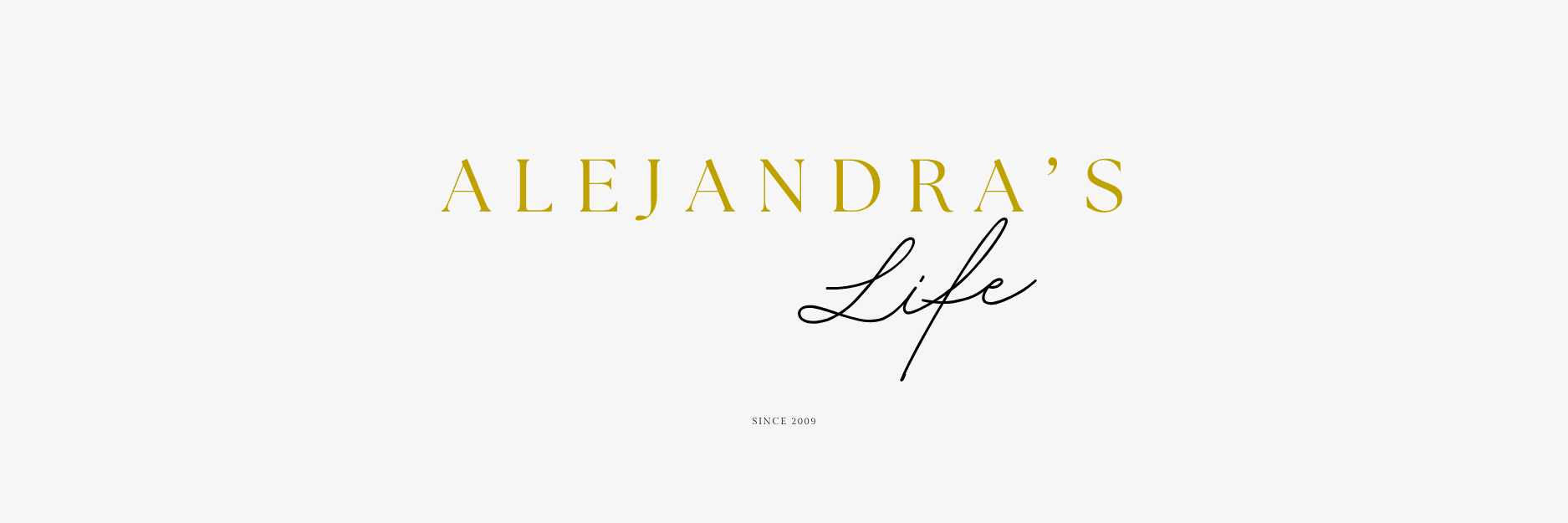
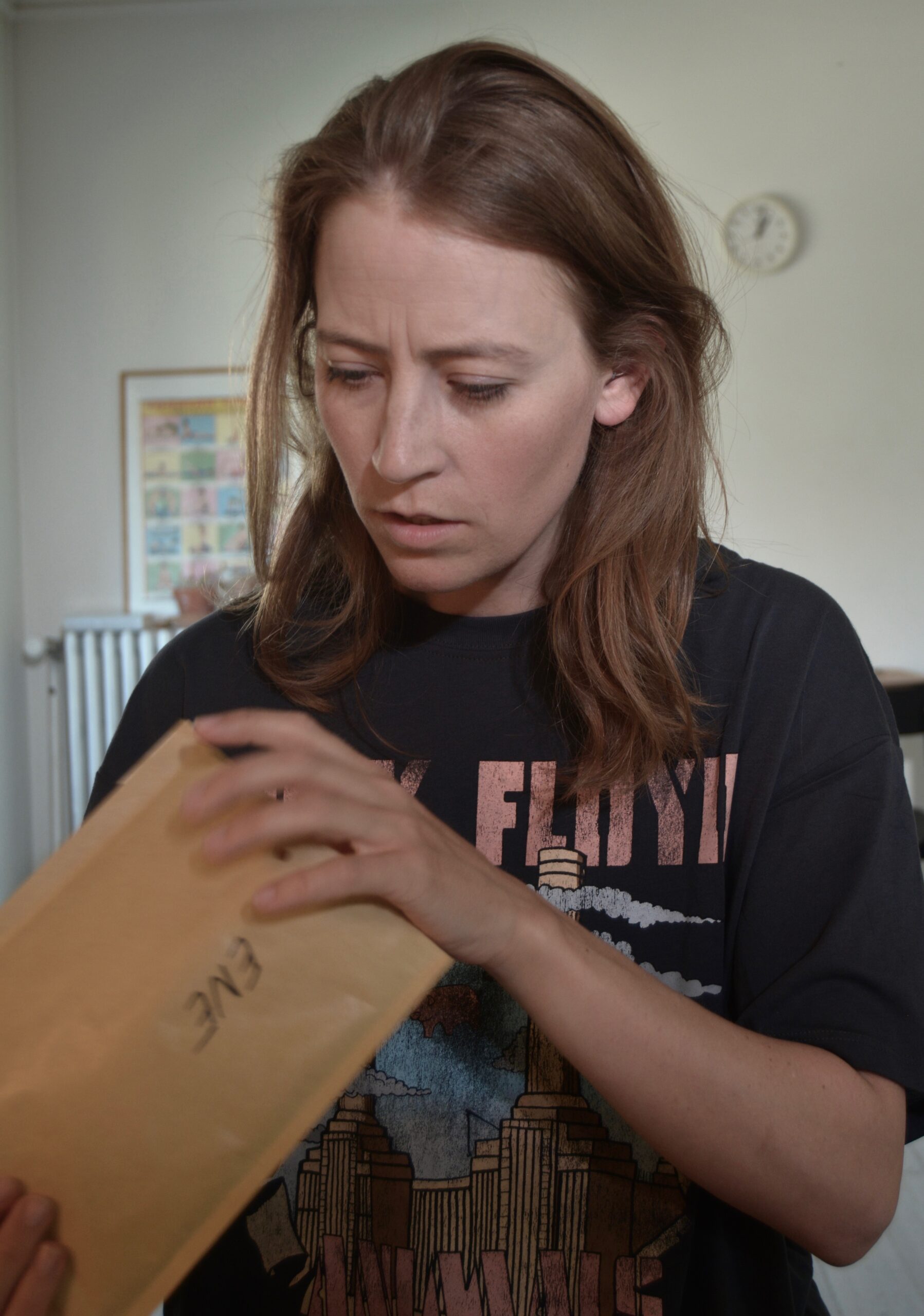
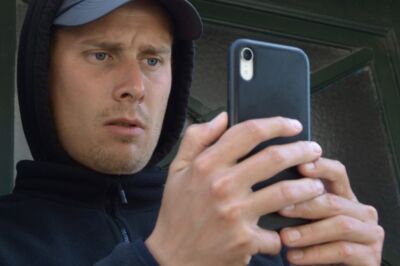
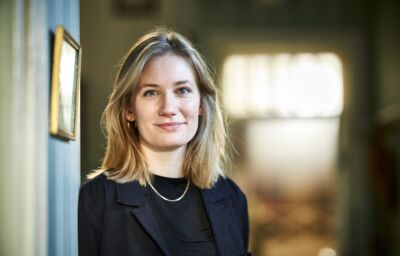


 Em Português
Em Português En Español
En Español